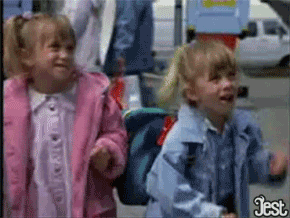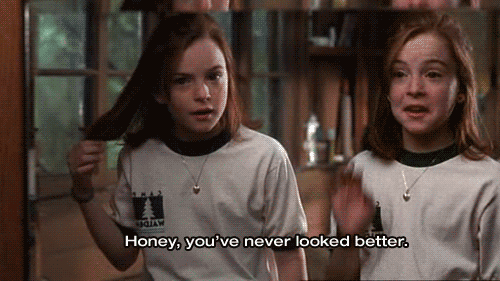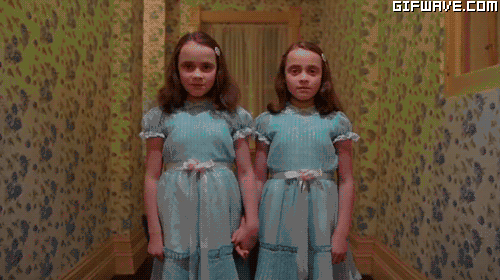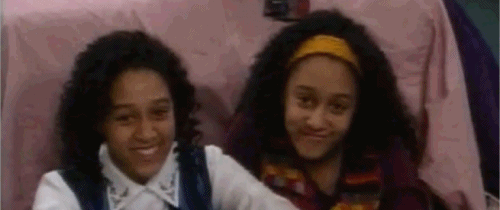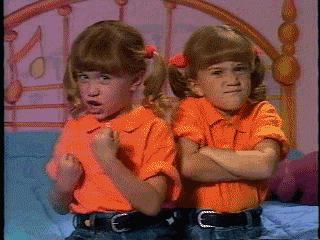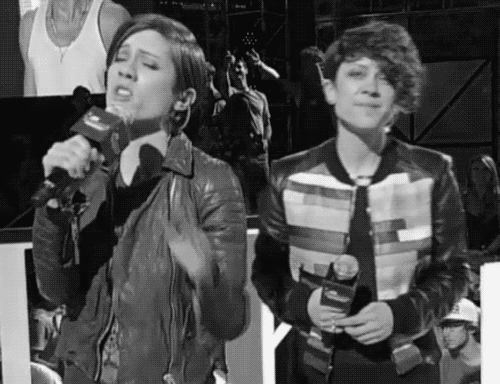This post has been sitting in my drafts for the past few months, because I thought it would be super important to talk about the embodied practice of revolution.
What better time to do so than pride month?
I’ve been reflecting a lot on what I know about embodiment lately, and I feel like this perfectly goes with the idea of pride month and everything I feel about celebrating Pride as we do.

A little queer history: On June 28, 1969, Marsha P. Johnson threw a brick at a NYPD police officer at a bar that was frequented by many gay, lesbian, bi and trans folks. The Stonewall Inn was one of the only places in NYC where LGBTQ+ people were left alone to be themselves, as homosexuality was against the law in New York City at the time.
Mafia families controlled bars and paid police to stay away so that they could make a profit. They sold their bottom shelf liquor at top shelf prices, knowing that queer folks had nowhere else to go to socialize.
On June 28th, the NYPD raided the Stonewall Inn in Greenwich Village.
The Stonewall Riots gave us NYC (and other nationwide celebrations) of “Pride”.
But so many people forget this history.

The revolution that is PRIDE was built on the bodies of trans women of color, cis gay men, black lesbians, and continues to be built on fat peoples’ bodies, queer peoples’ bodies, and trans bodies, too. Some of these bodies share multiple marginalization. But the true shifts from tolerance to acceptance, from marginal to normalization, would not exist without them. Without us.
It is because of Marsha and Silvia Rivera and so many other important and beautiful people that we have entered a new era of civil rights. And this revolution continues to build. As Marilyn Wann says in the foreword to the Fat Studies Reader: “If we cannot feel at home in our own skins, where else are we supposed to go?”

I experience it on a daily basis, in my relationship with my partner, and incidentally, in my relationship with myself and my body. To be queer is to act outside of normative structure. To be fat is to act outside of normative structure.
It’s worth acknowledging that with my marginalization, comes also my privilege. I am white, able bodied, a citizen, middle-class by birth, and these are things that not every queer or fat person shares with me.
We must not forget, during a month that is about equality, that there still are ways in which we are not all equal.

Starting with Pride celebrations themselves.
As I stated in my history lesson earlier, Pride was born out of a mass resistance by LGBTQ people to no longer be policed and to resist the idea of only being able to socialize through active drug and alcohol culture.
Yet today, Pride itself often serves as a space for queer folks and their straight ally friends to get buzzed on the LIRR and go to Cubbyhole or Phoenix after the parade ends. This closes out the festivities to a lot of people in the LGBTQQIPPA+ community, those in recovery from substance abuse in particular.

Another reason I’ve come to reconsider pride as an “inclusive” space is the corporatization of the parade itself in the past couple of years. It’s become a space for banks and companies to give away rainbow stuff with their logo on it and pledge their support for one day of the year, while either implicitly or explicitly also reinforcing discriminatory hiring practices against queer and trans bodies.
Corporations made up 36% of San Diego Pride in 2016, while actual LGBTQ+ people only made up 26%. Many of the companies at pride festivals also exist in states where it’s legal to fire someone because of their orientation or gender identity. In other words, they’re proud to take your money, gay people, just don’t come out at work.
The protest space itself is not disability accessible; for so many reasons. For folks with anxiety or autism, it can be extremely loud and overstimulating. For physically disabled folks, crowds aren’t known for being wheelchair friendly or generally accessible. Especially when the crowds are upwards of a few thousand people per city block.
And on an election year, expect candidates to be canvassing and shamelessly self-promoting.
And if you’re going to go to pride as a straight person, please be respectful of us. We are not your token gay friends, this day isn’t about how great an ally you are. Like, at all.
IMPORTANT!!!! make sure you keep your hands to yourself. There is nothing more obnoxious than touching marchers or parade attendees without their consent, commodifying their identity. Don’t be Perez Hilton and go all “I can objectify women and harass them because *haha* I’m not attracted to them!”…just because you wouldn’t sleep with someone doesn’t make it funny that you’re potentially making them uncomfortable.
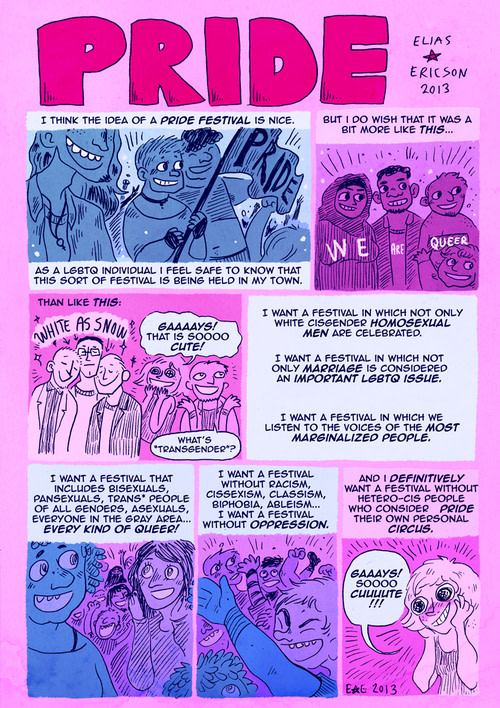
Let fat people be fat! I adore and love and cherish fat queer bodies. They belong there in that space as much as thin privileged folks do, and y’all best make room for them–no objectification, grumbling, rudeness, side eye, or marginalization or heckling allowed. Fat people exist and they are loved and they are welcome. And they’re not in queer relationships because they “couldn’t get a man/woman/other implied heteronormative relationship situation to love them”. Fatness isn’t a condition. But queer fat love is an act of liberation, and that’s what this entire month (and for some of us, every day life) is about.
In her essay “Fattening Queer History”, Elena Levy-Navarro defines her definition of “queer” outside of the spectrum of human sexuality and love, and into the realm of “other.” She discusses a queerness that “is ore expressly inclusive of all who challenge normatively, including fat people.” She argues the point that while the LGBTQ+ community struggles to be integrated and accepted in society, they may also perpetuate fatphobia in their communal spaces, which are supposed to be about love and justice. While researching pride flags for people to be aware of for this month, I came across a ‘fat fetish’ flag and I was appalled because this is exactly the problem. Fat bodies are squished into convenient narrative boxes, selectively assigned sexuality (based largely on “acceptable fatness” and the “pretty face” pejorative). But to the rest of the world, fat people, particularly fat queer people, are of otherwise no use, no worth, and no value in and across social contexts. And the LGBTQ+ community cannot continue to prop up this kind of commodification rhetoric–we must get rid of the in-house “othering” of bodies in our community as a whole.
Navarro argues for a “historical turn” in queer history, such that we reflect back on the past to look at the bodies of people involved in LGBTQ+ Liberation movements and honor them for their size, shape, assigned sex at birth, expression, gender identity, and the work that those bodies did to get us here.
Fat people experience the same kind of ignorance-based discrimination from the health care system, and are seen as “undesirables” lacking in reproductive ability (as many people view LGBTQ folks), thus rendered unimportant to the medical community. Western medicine hyper focuses on creating a “before” and “after” picture of a fat body, as if there is something assimilationist that is required to be accepted as a fat person, as is the case as a queer person.
This is, after all, the month when we hear slogans like “love is love” and the heterohistorical contextualizers of our society give a lot of effort and lip service to orienting queer people into a space that is heteronormative, using heteronormativity as the reference point. These attitudes and behaviors are the same ones that ask the question, “So which one of you is the _____?” (insert binary gender here), which completely misses the point that queer relationships are intentionally made up of differently gendered individuals.
These revolutions need ALL bodies to be there. LGBTQQIPPA people are worthy of respect and if you aren’t a member of our community, remember that we are inviting you into our home, and trying to mitigate the injustice that has been done unto our bodies.
Marriage equality and pride parades are great but they are still such small steps. Basic dignity, representation, and a movement away from only the “acceptable” queer relationships being visible (i.e. trans relationships, trans representation, fat queer/trans relationships), comprehensive inclusive healthcare, job security, and legal personhood recognition are only just some of the things we still need.
Right now, the basic essence of what it is to be trans is still listed as a disorder in the DSM, the same way that fat phobia is still seen as best practice in medicine. If we want to be liberated, we have to recognize all of these things simultaneously, and combat them simultaneously–and it takes more than a parade and a month of recognition to do just that.

For some of us, pride month is still inaccessible because it’s not safe to be out to our families or our work spaces. This prevents people from living congruent lives, being the same person in all spaces and at all times, and thus, from living with complete integrity. When we are forced to live a dishonest life, one mired in shame, our bodies break down. And these revolutions in social, societal and global change desperately need our bodies to be there, to show up, and to represent everyone.
Nobody should be expected to live from the neck up; only acknowledging their thoughts as a function of what makes them different. Our bodies are the center of how we live, what we do, who we are, and they deserve to be given space and acknowledged and loved. Our bodies should be seen, celebrated, and acknowledged for how they are gloriously, beautifully different!
Happy pride!
PS watch this music video it is everything










